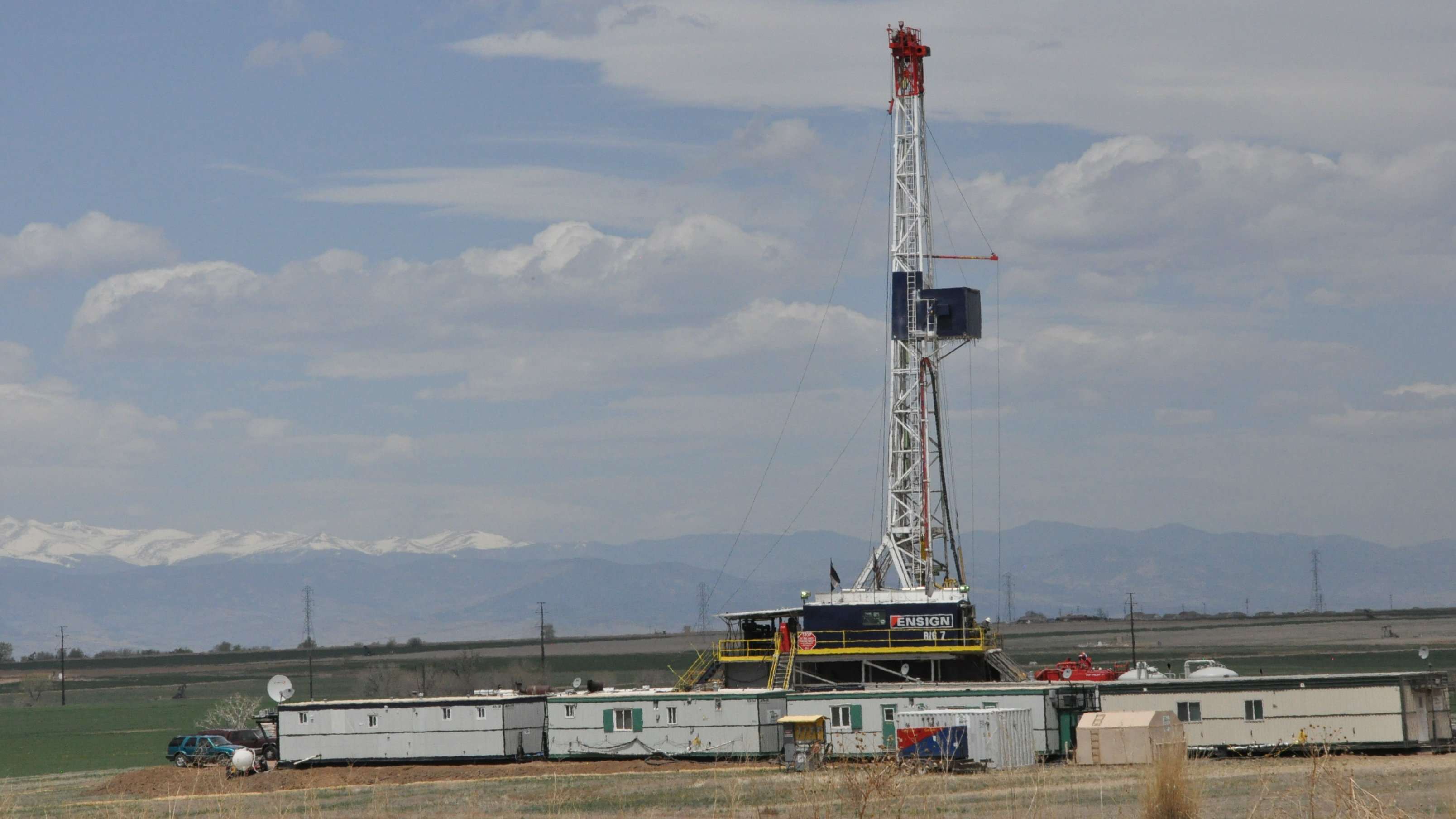
A new study on the potential economic impacts of a statewide ban on hydraulic fracturing shows it would cost Colorado 93,000 jobs and $985 million in local and state tax revenue over a 25-year period.
The University of Colorado Leeds School of Business and Colorado economic development groups studied the financial impacts of the oil and gas drilling practice. Metro Denver Economic Development Corporation CEO Tom Clark says the study shows the vast majority of fracked wells in Colorado are in five counties, but they account for only about a third of the state’s oil and gas jobs.
"Another 33 percent of those jobs are in metro Denver, the other 33 percent are in the other counties around the state," Clark says. "So the entire state would be impacted if we had an all-out fracking ban."
This study did not consider possible public health and environmental issues surrounding fracking.
"Every time you do something that creates jobs, you also have other elements that people measure in terms of what that job means," Clark says. "What our purpose was, was to give people one piece of the knowledge that they’ll need when they go to the ballot and make a decision on whatever imitative ends up on the ballot."
Opponents of fracking were considering creating a ballot initiative to ban the practice entirely in Colorado, but now are working on a measure that would give local governments the power to ban oil and gas operations in their communities.








